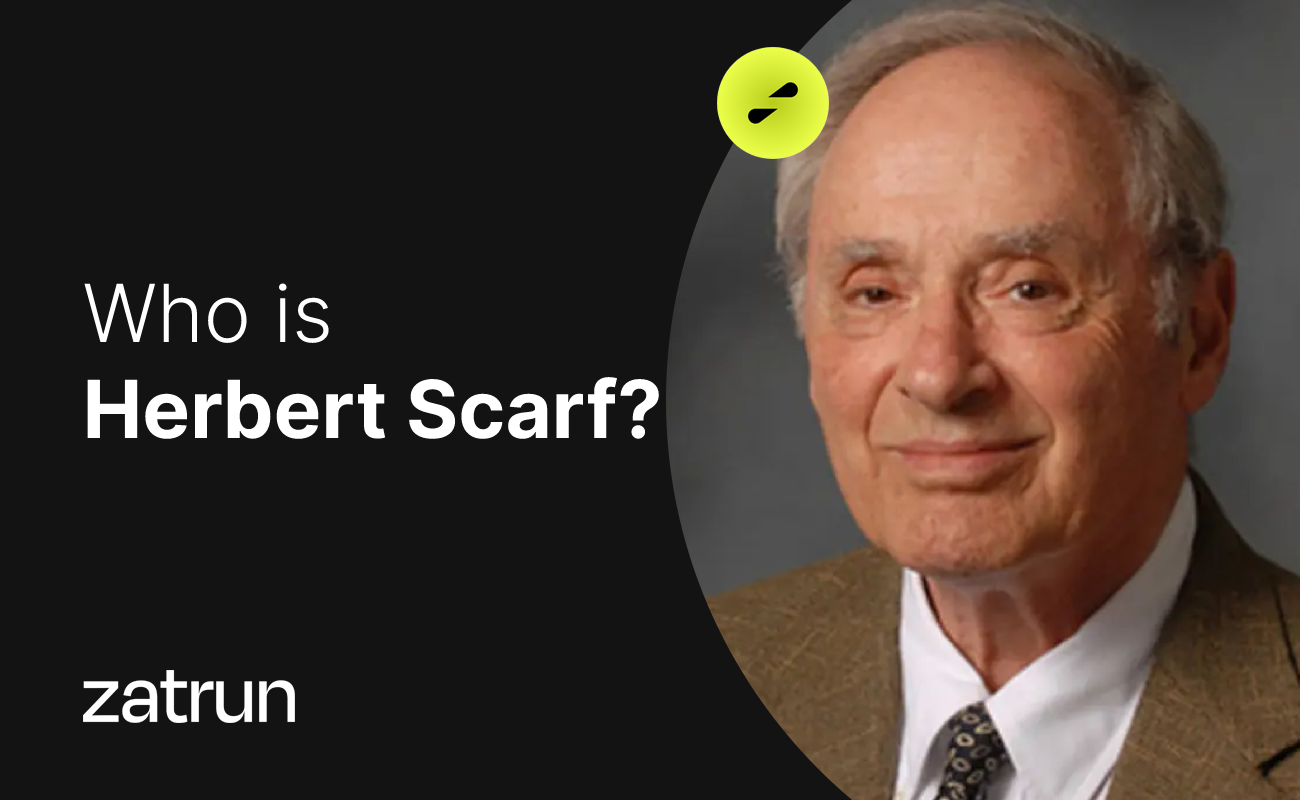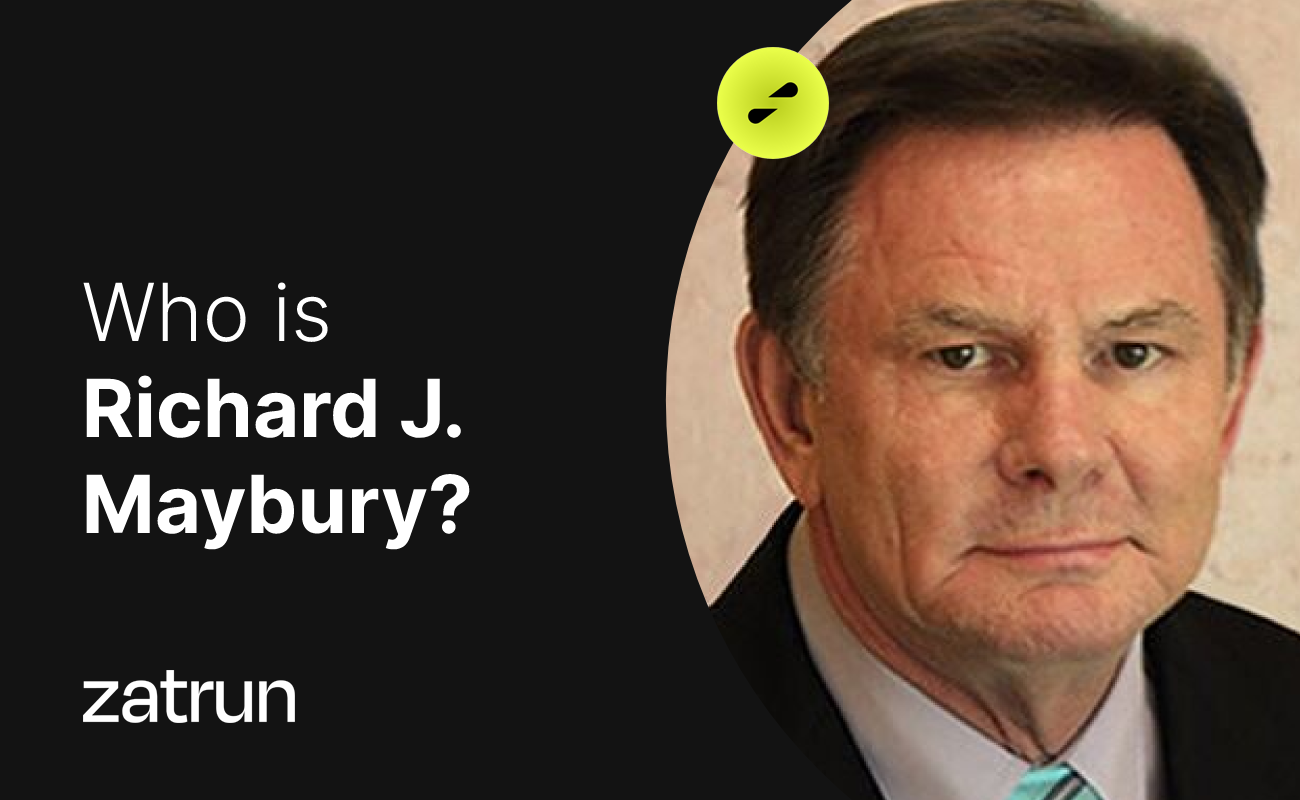Thomas Schelling was an American economist and game theorist who was regarded as one of the most influential strategists of the 20th century. He used game theory to predict how rivals would behave in situations involving international trade, treaties and conflicts. He also made significant contributions to the study of nuclear arms race and deterrence.
Schelling won the Nobel Prize in Economics in 2005 with Robert Aumann for their work on game theory. Together, they transformed the understanding of the field of game theory. If you want to learn more about his life and work, you can check out the subheadings of this Zatrun.com article.

Who is Thomas Schelling?
Thomas Schelling was born in California in 1921. “He received education in economics at the University of California in 1944 and at Harvard University in 1951. He worked for federal institutions such as the Marshall Plan, the White House and the Executive Office of the President from 1948 to 1953.
He became an economics professor at Yale University in 1953. He moved to Harvard University in 1958 and became one of the founders of the Center for International Affairs. He joined the John F. Kennedy School of Government in 1969 and became the Lucius N. Littauer Professor of Political Economy. He left Harvard University in 1990 and joined the University of Maryland School of Public Policy.
Thomas Schelling gained fame when he published his book The Strategy of Conflict (1960), in which he argued that game theory was “the mathematical technique” for social sciences. In his book, he developed various concepts to analyse the possibilities of conflict and cooperation among rivals. Some of these concepts are:
- Focal point: A specific point or criterion that rivals unconsciously resort to find a common solution.
- Egonomics: A field that deals with how individuals perceive themselves and how they want to be perceived when making decisions.
- Voluntary option restriction: Giving up some options to make the remaining ones more convincing.
- Ambiguous retaliation: A strategy that is more deterrent than certain retaliation.
- Retaliation capability: A strategy that is more deterrent than the ability to resist an attack.

Schelling’s Ideas and Legacy
Thomas Schelling argued that the best way to prevent nuclear war was to maintain the weapons. He also proposed the idea of limited or graduated retaliation. According to this idea, it is possible to make the other side stop the war by reducing, not increasing, the intensity of the attack. This idea was applied in the Rolling Thunder Operation that the US launched against North Vietnam in 1965.
Schelling was awarded the Nobel Prize in Economics in 2005 with Robert Aumann. The prize committee praised Schelling for “having enhanced our understanding of conflict and cooperation through game-theory analysis”. Thomas Schelling passed away in 2016 at the age of 95. He left behind deep traces in the fields of international relations, strategy, economics and social sciences. He applied game theory to real world problems and revealed the complexity and logic of human behaviour.
In addition to contributing to the prevention of nuclear war, Schelling also developed interesting ideas on topics such as climate change, racial discrimination, traffic congestion and smoking addiction. Schelling showed that game theory was not only a mathematical tool, but also an art that provided wisdom about human psychology and social interaction.












